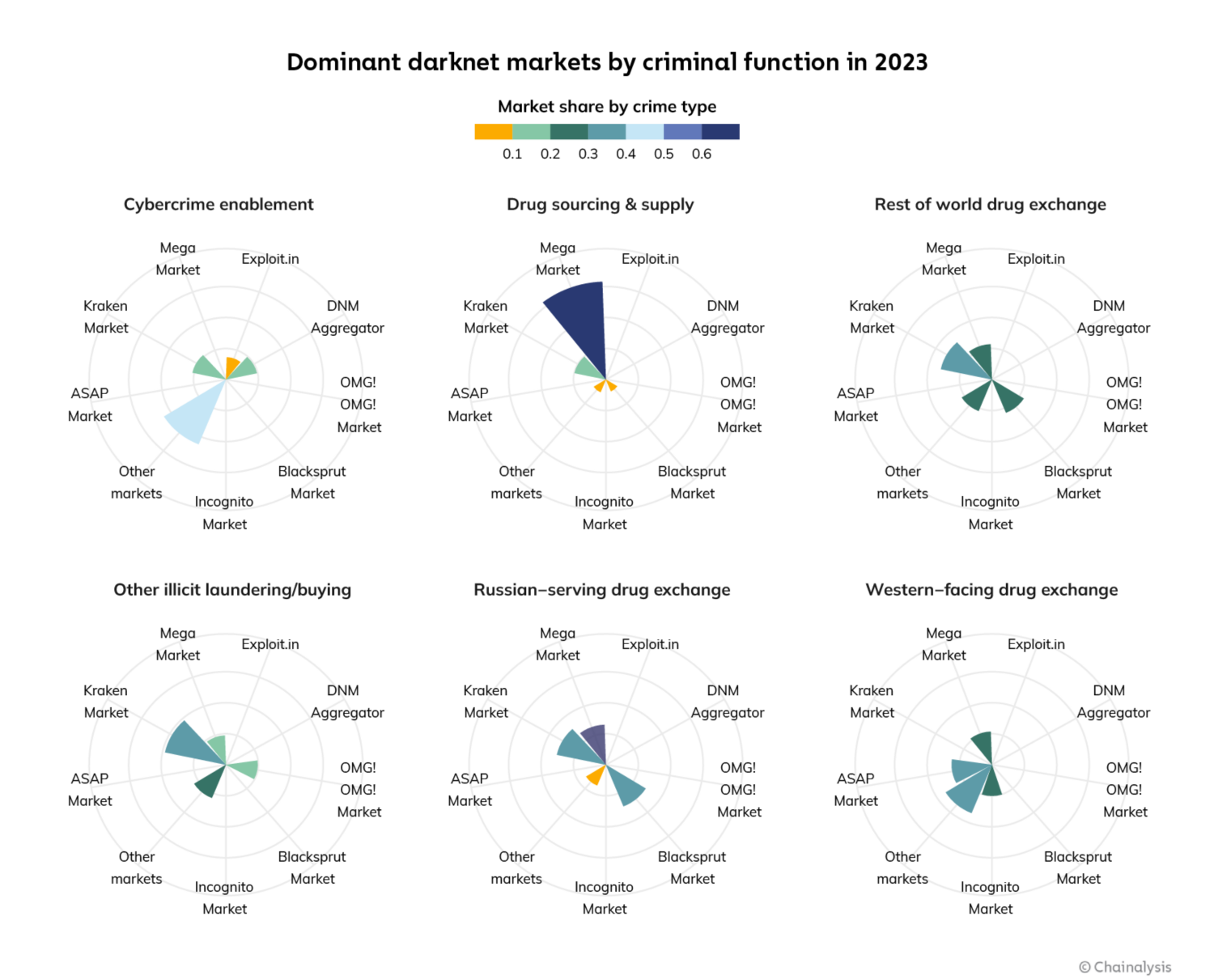The emergence of digital commerce has revolutionized the way we purchase, providing simplicity and entry to a apparently infinite array of goods and services. On the other hand, this digital marketplace also has a obscure counterpart known as darkweb markets. Operating underneath the surface of the internet, these clandestine platforms offer a selection of items—some legal but many unlawful—that cater to a diverse range of buyers.
Delving into the world of the dark web reveals not only the attraction of privacy but also the sinister motivations behind these deals. From illegal drugs and stolen information to counterfeit currencies and dangerous arms, darkweb markets create a distinct ecosystem where regulations are minimal and risk is elevated. Recognizing the hidden aspects of e-commerce involves delving into these hidden markets and acknowledging their impact on the world.
Overview of Darkweb and its Functionality
The dark net refers to a part of the web that is not cataloged by traditional search tools and requires specialized software to access. Most commonly associated with the Tor network, the dark net provides a space where users can navigate and communicate in secret. This secrecy attracts diverse users, including those who wish to maintain their identity, as well as those engaged in illegal activities. The darkweb operates independently of mainstream web protocols, making it a breeding ground for both beneficial and harmful interactions.
Underground markets are online platforms located within the darkweb that enable the trading of merchandise and services, often involving illegal or prohibited goods. These markets function like to e-commerce sites but with a focus on anonymity and safety. Users can acquire numerous items, including narcotics, firearms, and stolen information, usually using cryptocurrencies to further hide their details. The architecture of these markets allows for user ratings and evaluations, creating a level of trust among buyers and sellers despite the unlawful nature of the transactions. best darknet markets
The operation of dark net markets is heavily reliant on security features and decentralization, which helps to safeguard the identities of both buyers and sellers. Access to these platforms is typically provided through dedicated software like specialized browsers, which hides user actions. This system not only ensures privacy but also challenges law enforcement efforts to track and regulate activities within these environments. Despite their illegal nature, dark web platforms exhibit a unique economy characterized by a diversity of products and an evolving set of challenges for authorities trying to fight the illegal trade.
Risks and Risks of Darkweb Markets
Involvement with dark web markets exposes users to a variety of dangers, mainly due to the cloaked nature of these platforms. Participants often participate in illegal transactions, which can lead to severe legal consequences if discovered. Law enforcement agencies actively monitor darkweb activities, and being found purchasing illicit goods can result in prosecution. This shadowy marketplace thrives on anonymity, but this very aspect can make users vulnerable targets for scrutiny.

Another significant risk is the likelihood for scams and fraud. Many vendors on darkweb markets are not trustworthy, often using false identities to sell phantom products. Buyers can quickly lose their money without any means of recourse, as traditional consumer protections do not exist in this space. Additionally, poorly managed market platforms may vanish overnight, absconding with users' money and data with them, creating a sense of insecurity among those who dare to participate with these markets.
Additionally, the risk of coming across harmful or malicious content is elevated on darkweb markets. Users may inadvertently stumble upon upsetting materials that can have psychological effects or originate from criminal activities. In addition, there is always a danger of exposure to malware and hacking attempts, as bad actors may seek to exploit unsuspecting buyers. This plethora of presence of threats makes it critical for individuals considering engagement with dark web markets to move forward with utmost care.
Legal Consequences and Regulatory Hurdles
The legal landscape surrounding darkweb markets is complex and constantly changing. Many activities conducted on these venues, such as drug trafficking, weapon sales, and personal information breaches, are illegal in most legal systems. This creates a major challenge for justice departments, as they must navigate a varied of regulations that significantly differ between nations. The anonymity provided by the dark web complicates the detection of criminals and the trial of illegal acts, making it difficult to establish jurisdiction and pursue legal actions.
Law enforcement initiatives are often impeded by the very character of the darkweb's structure. Many marketplaces utilize cryptocurrencies to support transactions, further obscuring the profiles of customers and vendors. Additionally, these platforms are frequently hosted on infrastructures that can be shifted or closed swiftly, leading to a pursuit between authorities and vendors. The temporary nature of these sites means that while one might be dismantled, others quickly emerge to fill the void, perpetuating the pattern of illegal operations.
Partnership between global police organizations is essential to fighting dark web crimes. However, discrepancies in jurisdictional structures and the issues with jurisdiction can lead to setbacks and ineffective practices. As countries work to enhance their laws and ability to address these crimes, the continuously adapting methods employed by hidden web sellers remain a ongoing challenge. This continuing struggle highlights the requirement for comprehensive legal systems and better international cooperation to effectively tackle the dark side of e-commerce.
